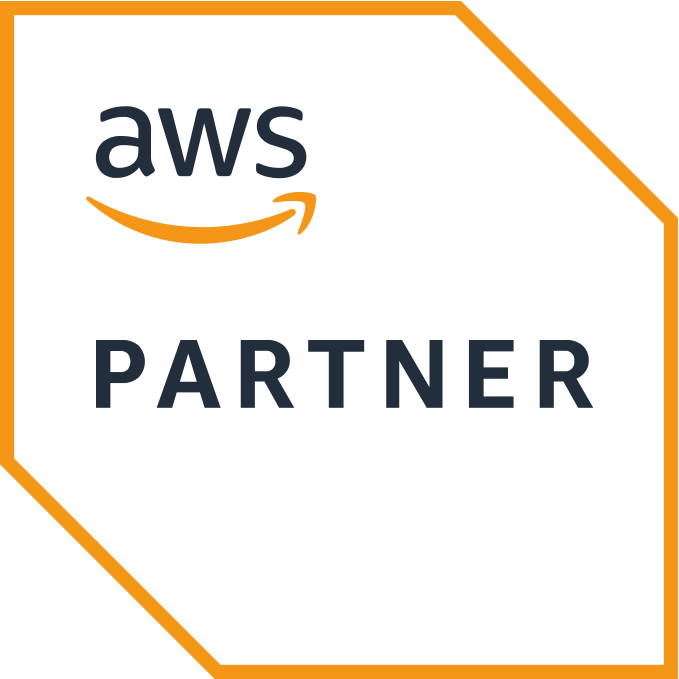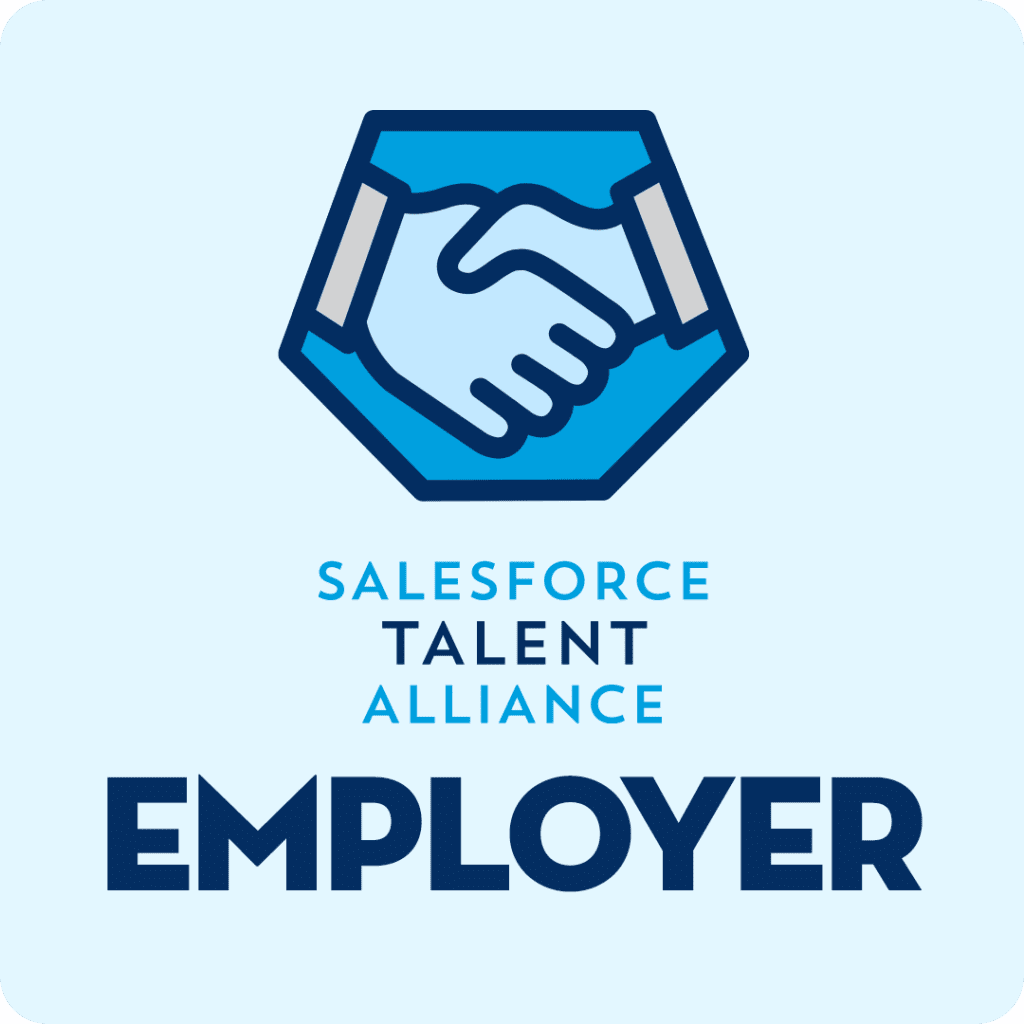Skills and experience

What are the top AWS areas candidates are experienced with?
Database
Storage
Compute
| Serverless | |
| Containers | |
| Security, Identity, & Compliance | |
| Networking & Content Delivery | |
| Developer Tools | |
| Application Integration | |
| Analytics | |
The three products that our respondents had the least amount of experience with are:
| Robotics | |
| Games (formerly Game Tech) | |
| Satellite |
Expert Insight


Marko (Serverless Life)
Marko is an AWS-certified serverless advocate with over 20 years of experience. He shares insights on serverless architectures and best practices on his blog Serverless Life, and his dedication to advancing serverless technology has earned him the title of AWS Community Builder. Here he shares how talent can overcome the challenges of serverless and what skills organizations need to get ahead.
Serverless computing has emerged as a transformative force in software development, enabling individual developers to build and maintain complex systems that once required entire teams.
By shifting the burden of infrastructure management to cloud providers, serverless architecture allows developers to concentrate on delivering business value. This paradigm shift leads to faster development cycles and reduced ownership costs; in many cases, serverless solutions can be significantly cheaper than traditional setups. However, cost savings are dependent on the choice of cloud provider, as platforms like Vercel may not offer substantial reductions due to their lack of infrastructure ownership.
Despite its advantages, serverless adoption comes with a steep learning curve, necessitating a fundamental shift in mindset toward event-driven and microservices-based architectures.
Developers must master new patterns for building, deploying, and scaling applications, alongside serverless-specific tools. While the developer experience has improved with innovations like Lambda Live Debugger, which streamlines the debugging process, monitoring and troubleshooting remain complex. The distributed nature of serverless systems makes it challenging to gain a holistic view, often requiring developers to sift through logs from multiple components. Effective serverless developers must also balance development with operational responsibilities, demonstrating proficiency in cloud platforms like AWS and familiarity with infrastructure-as-code tools.
The synergy between AI and serverless further enhances the landscape, as many AI services are inherently serverless, allowing businesses to integrate machine learning solutions without the burden of infrastructure management.
Undoubtedly, the demand for these skilled serverless developers is growing, and organizations must be prepared to pay a premium for these skills. Remember that serverless developers can deliver the work of multiple traditional developers, making their contributions highly valuable and worth the investment.
But for serverless to become the default approach, significant investments in education and training are necessary, alongside efforts from cloud providers to simplify offerings. Organizations that prioritize continuous learning and adaptation will be well-positioned to harness the full potential of serverless computing.
Gen AI experience
A third (33%) of our respondents have had professional experience working with Generative AI.
Over three-quarters (77%) of employers are planning Gen AI-related AWS projects in the coming year.
What Generative AI services have they used in a professional capacity?
- Amazon Bedrock
- Amazon Titan
- Amazon Q
- Amazon SageMaker JumpStart
- Microsoft Copilot
- Claude AI
- Databricks Data Intelligence Platform
- OpenAI ChatGPT
- Retrieval-Augmented Generation (RAG) framework using LangChain
What areas and skills in Generative AI are AWS professionals seeking to improve?
- AWS Bedrock
- AWS SageMaker
- Deep Learning
- Reinforcement learning
- Retrieval-Augmented Generation (RAG) PyTorch
- Graph Neural Networks/GraphRAG
- LLM customization
- Multimodal AI
- Conversational AI
- AI Ethics/Ethical AI
- Prompt Engineering
- Security Considerations for GenAI in the Cloud
LinkedIn Poll
Cross-training
Most common competitor products used before AWS
Is a degree necessary for a career in AWS?


Careers and Hiring Guide
AWS Edition 2025
Key Findings
Our key findings report contains highlights from this year’s Careers and Hiring Guide, plus our salary tables to allow you to compare your compensation or benchmark your teams’ salaries or rates no matter their role in the AWS ecosystem.







